Deepfake Videos of Bollywood Actors Spark Worries of AI Meddling in India Election
In this fast-paced digital age, the emergence of deepfake technology has raised significant concerns regarding its potential misuse, particularly in the realm of political campaigns. As India grapples with its ongoing general elections, a series of AI-generated deepfake videos featuring prominent Bollywood actors Ranveer Singh and Aamir Khan have gone viral, sparking fears of misinformation and AI meddling.
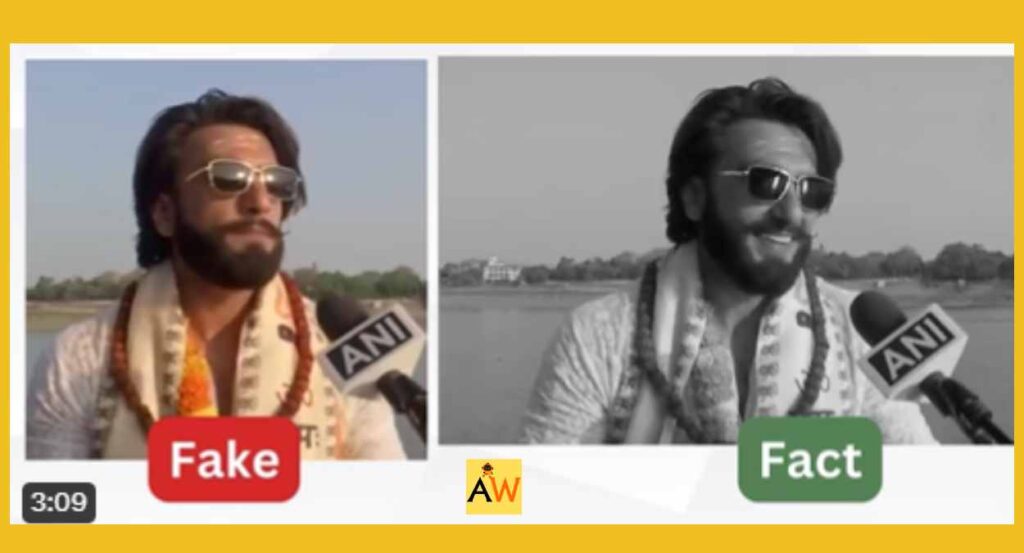
The Viral Deepfake Videos: A Cause for Alarm
The deepfake videos in question depict Singh and Khan purportedly criticizing Prime Minister Narendra Modi’s performance and endorsing the opposition Congress party. These manipulated clips, lasting around 30-41 seconds each, have been viewed over half a million times on social media platforms.
One video shows Singh ostensibly expressing dissatisfaction with Modi’s governance, accusing him of failing to fulfill campaign promises and neglecting critical economic issues during his tenure. Similarly, Khan’s deepfake portrays him urging viewers to vote for the Congress party, accompanied by their election symbol and slogan, “Vote for Justice, Vote for Congress.”
Fact-Checking and Denial: Actors Address the Deepfake Controversy
Both actors have swiftly addressed the deepfake controversy, categorically denying any involvement in the creation or endorsement of these manipulated videos. Ranveer Singh took to social media, warning his followers about the dangers of deepfakes, stating, “Deepfake se bacho doston (Friends, beware of deepfakes).”
Aamir Khan’s spokesperson issued a statement, clarifying, “We want to clarify that Aamir Khan has never endorsed any political party throughout his 35-year career. He has dedicated his efforts to raising awareness through Election Commission public awareness campaigns for many past elections.”
Major social media platforms, including Facebook, X (formerly Twitter), and at least eight fact-checking websites, have labeled these videos as altered or manipulated. Reuters’ digital verification unit has also confirmed their inauthentic nature.
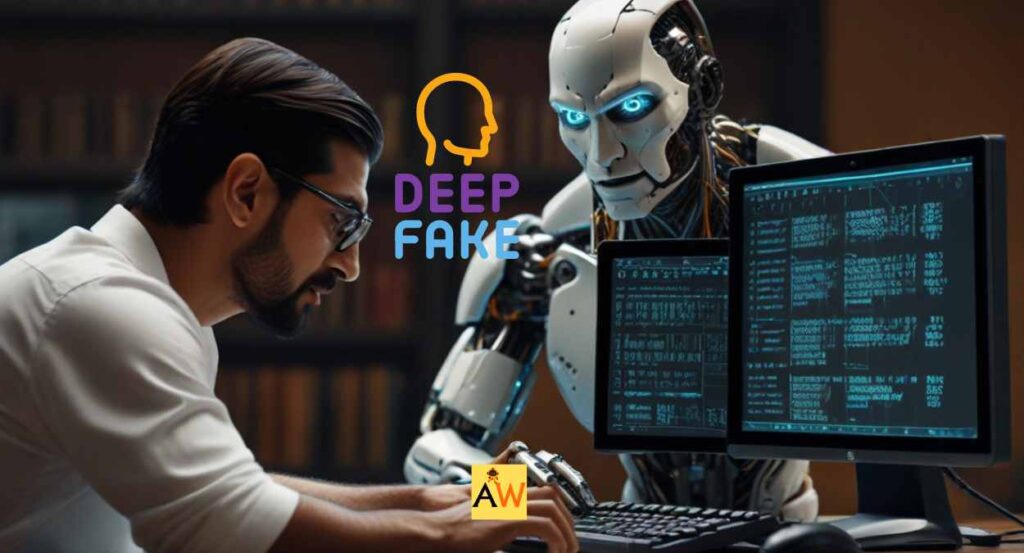
Legal Actions and Investigations Underway
Recognizing the severity of the situation, both Ranveer Singh and Aamir Khan have initiated legal actions against the perpetrators behind these deepfake videos.
Singh has filed a First Information Report (FIR) with the Mumbai Police’s Cyber Crime Cell against the individuals responsible for promoting the AI-generated deepfake video. His team confirmed, “Yes, we have filed the police complaint, and an FIR has been lodged against the handle that was promoting the AI-generated deepfake video of Ranveer Singh.”
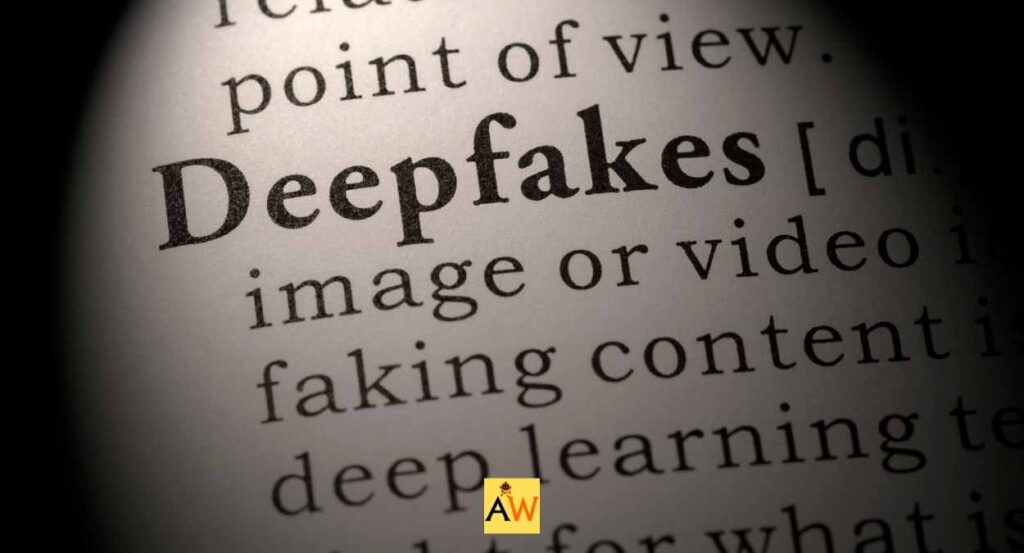
Similarly, Khan has registered a case in Mumbai against unknown persons for alleged impersonation and cheating, stemming from the creation of the fake video.
Mumbai Police officers involved in Khan’s case acknowledged the challenges of such technical investigations, stating, “Such technical investigations take time.” They have reached out to social media platforms to assist in taking down the deepfake videos, although some versions remain accessible.
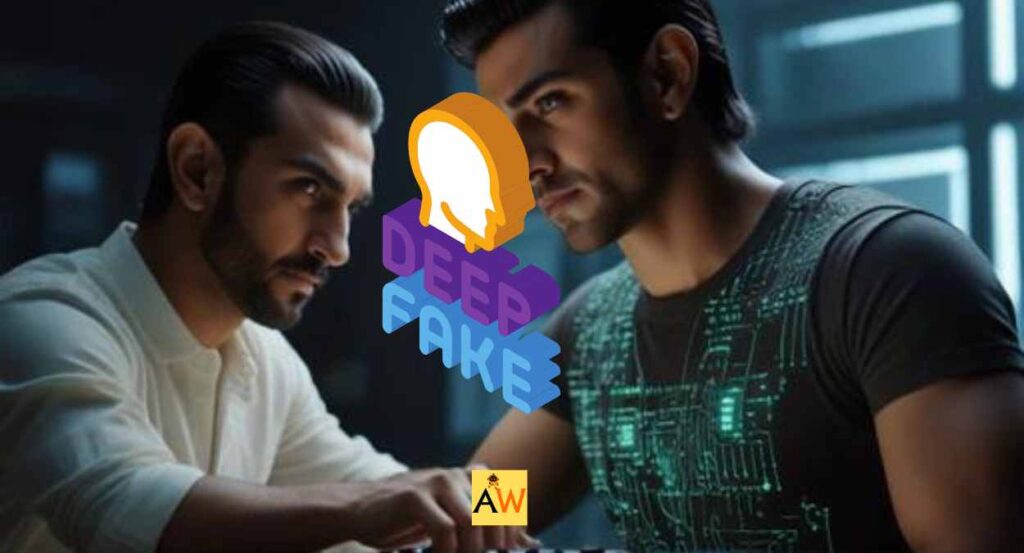
AI’s Growing Influence in Election Campaigns
The spread of these deepfake videos underlines the potential role AI-generated content can play in influencing election campaigns globally. Similar tactics have been observed in elections in the United States, Pakistan, and Indonesia, where deepfakes and AI manipulation have been employed to disseminate misinformation.
In India, with nearly 900 million internet users and an average Indian spending over three hours a day on social media, the impact of such manipulated content cannot be underestimated, especially in an election involving nearly one billion voters.
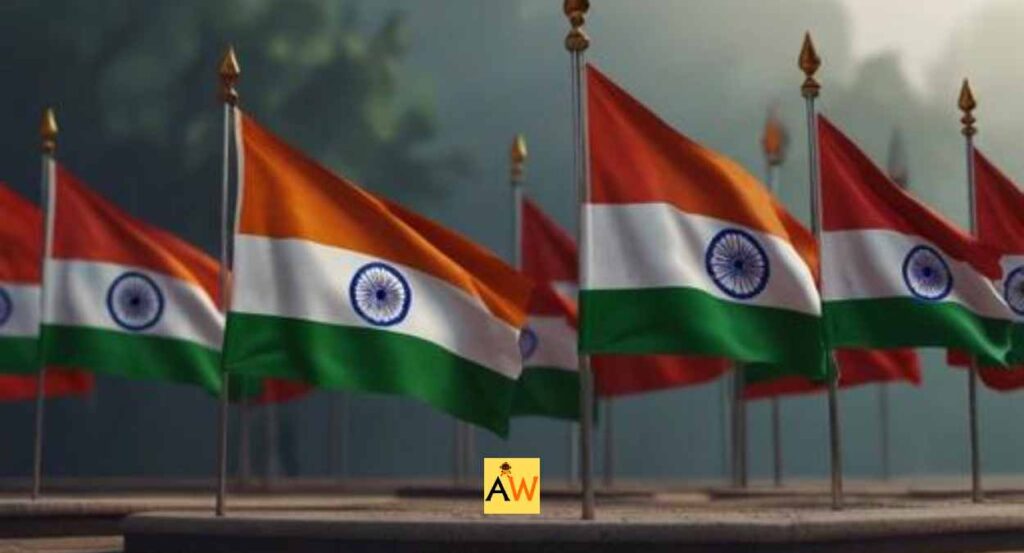
Political parties have also begun leveraging AI in other ways during this election season. For instance, the Congress party spokesperson, Sujata Paul, shared Singh’s deepfake video on X, despite it being labeled as “manipulated media.” The video gained significant traction before being removed from the platform.
Combating AI Misinformation: A Collective Responsibility
As the use of AI in election campaigns continues to evolve, it is crucial for all stakeholders – political parties, social media platforms, fact-checking organizations, and the public – to remain vigilant and proactive in combating misinformation.
Social media companies must enhance their content moderation efforts and implement robust measures to detect and remove deepfake videos promptly. Collaborative efforts with fact-checking organizations and law enforcement agencies are essential to address the legal and ethical implications of deepfakes.
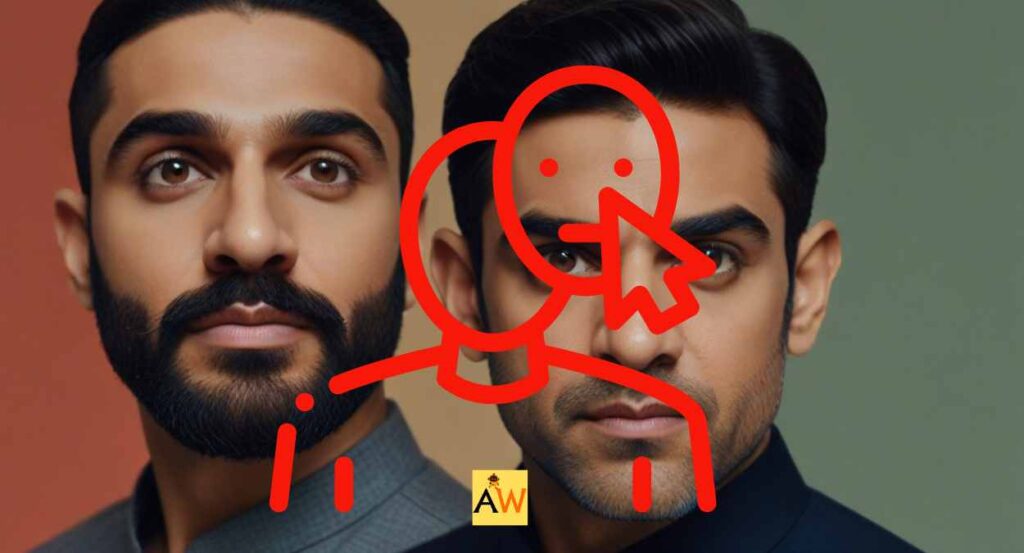
Political parties and candidates should refrain from engaging in or endorsing AI-generated misinformation campaigns, as such practices undermine the democratic process and erode public trust.
Ultimately, it is the responsibility of the public to exercise critical thinking and fact-check information from credible sources before sharing or believing manipulated content. Media literacy and awareness campaigns can play a vital role in empowering citizens to identify and reject deepfakes and other forms of AI-driven misinformation.
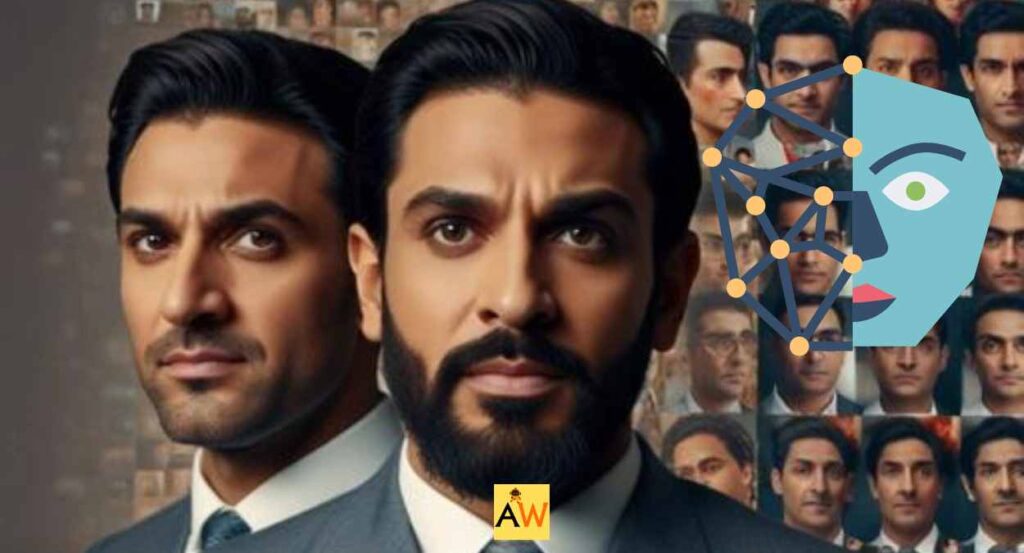
Frequently Asked Questions (FAQs)
Q. What are deepfake videos?
A. Deepfake videos are AI-generated synthetic media that manipulate audio, video, or images to create highly realistic and convincing fake content, often featuring real individuals appearing to say or do something they never did.
Q. How did the Bollywood deepfake videos spread?
A. The deepfake videos featuring Ranveer Singh and Aamir Khan went viral on social media, garnering over half a million views. They were shared extensively on platforms like X (formerly Twitter) and Facebook, despite being labeled as manipulated media.
Q. What legal actions have been taken against the deepfake videos?
A. Both Ranveer Singh and Aamir Khan have taken legal actions. Singh filed an FIR with the Mumbai Cyber Crime Cell against those promoting his deepfake video, while Khan registered a case in Mumbai against unknown individuals for impersonation and cheating.
Q. How can social media platforms combat deepfake misinformation?
A. Social media platforms must enhance content moderation efforts, implement robust detection algorithms, collaborate with fact-checking organizations, and swiftly remove deepfake content. They should also promote media literacy and awareness campaigns.
Q. Why are deepfakes a concern in election campaigns?
A. Deepfakes can be used to create highly convincing misinformation and manipulate public opinion, undermining the integrity of democratic processes. Their potential for spreading falsehoods raises concerns about their misuse in election campaigns.
Q. What role can the public play in combating deepfake misinformation?
A. The public should exercise critical thinking, fact-check information from credible sources, and refrain from sharing or believing manipulated content. Media literacy and awareness are crucial in identifying and rejecting deepfakes and AI-driven misinformation.
Q. How can political parties and candidates avoid AI misinformation?
A. Political parties and candidates should refrain from engaging in or endorsing AI-generated misinformation campaigns, as such practices undermine the democratic process and erode public trust. They should prioritize transparency and ethical campaigning.

Conclusion
The emergence of deepfake videos featuring Bollywood stars Ranveer Singh and Aamir Khan in India’s ongoing elections has sparked widespread concerns about the potential misuse of AI-generated misinformation.
As legal actions and investigations are underway, it is imperative for all stakeholders – social media platforms, political parties, fact-checking organizations, and the public – to collaborate in combating this alarming trend. By enhancing content moderation, promoting media literacy, and prioritizing ethical campaigning, we can safeguard the integrity of democratic processes and foster an informed and engaged citizenry in the digital age.
Disclaimer
The information provided in this article is sourced from reputable news outlets and fact-checking organizations. For the latest updates and authoritative sources, please do visit the official websites of AI Wini.
Also Read:
Microsoft Phi-3: The Affordable AI Solution for Every Device, Every Need
Meta AI Chatbot Rolls Out on Instagram, WhatsApp & Messenger – The New Era Begins!
Google Drops Explosive AI Bombs at Cloud Next 24 – Prepare to Be Amazed
Emerging AI Investment: Fund Managers Bet Big on Untapped Potential
Will Google Start Charging For AI Powered Search Features In 2024?
Microsoft & OpenAI’s $100B Stargate AI Supercomputer: How This Supercomputer Will Change Everything?








